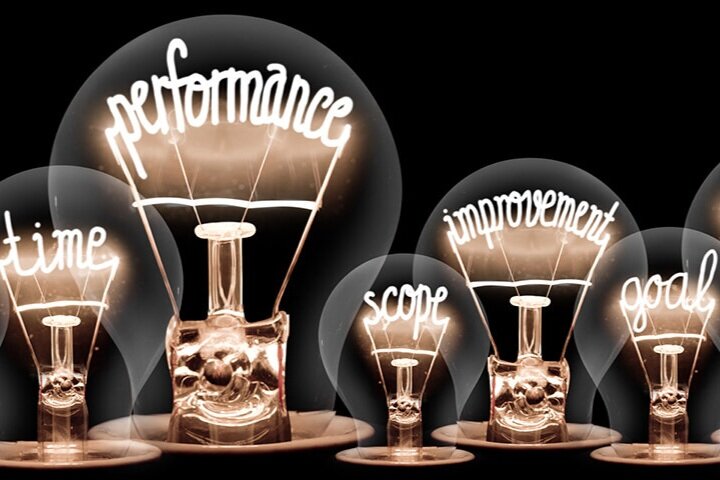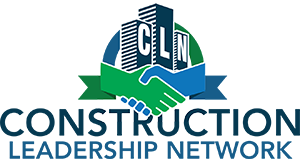
Many of you may not consider yourself a professional service, yet let’s examine this. As a contractor, you know your clients’ budget, their desires, and their timeline. This is identical to an architect, an accountant, and a lawyer— the types of jobs we typically describe as professional services.
Growing a professional services business is directly connected to growing and expanding a profitable client base and spending time in Quadrant 2 is one of the paths to success. Quadrant 2 is the invention of Stephen Covey and he shared it in his book The Seven Habits of Highly Effective People. In professional service firms, such as accounting, architecture, engineering, financial services, general contracting, law, etc., time is mostly spent in Quadrant 1, addressing client deadlines and responding to perceived and/or real crises.
So, why is it so hard for professional services firms to spend time in Quadrant 2?
I recently came across an article in INC Magazine that talked about top business leaders that use the “5-hour rule”. The article said that people like Bill Gates, Oprah Winfrey, Warren Buffet, Elon Musk, and Mark Zuckerberg have implemented this practice for years. The “5-hour rule” is setting aside one hour a day for deliberate learning; that’s 5-hours a week. Deliberate learning is connected to becoming an expert in your field and is a Quadrant 2 activity. I am not insinuating that anyone reading this is planning on becoming a world-class leader in their field, more power to you if you are, however, if these extremely busy people can set aside one hour a day for Quadrant 2 activities, so can you! Everyone is busy, in every profession; so, it really comes down to values and priorities. I think all of you, like me, believe in continuous growth and doing your best. Continuous learning matters and this takes spending time in Quadrant 2.
So, I ask the question again, why is it so hard for us to spend time in Quadrant 2?
The United States is a task-oriented culture. Maybe this came from the Industrial Age when the key to success was completing tasks – working on assembly lines – and this may have led to a focus on tasks over relationships. There are many theories that the United States is a task-oriented culture and countries such as China and India are relationship-oriented cultures. To understand this, simply look at the way relationship-oriented countries conduct business meetings. Often, they are too polite to interrupt a conversation in a business meeting, even when an individual goes on a tangent. Many business meetings, not just business development meetings, are conducted over meals. Relationships matter, and there must be a culture—the culture within the firm—understanding that this is a key to success.
So, I ask the question again, why is it so hard for us to spend time in Quadrant 2?
Professional services firms tend to create silos (practice areas, specialties) and often professionals isolate themselves from their fellow professionals, even under the same roof. Selling a service is providing expertise within a time frame and this often creates a focus on utilization and/or billable hours. Quadrant 2 time does not appear as utilization. Ultimately, Quadrant 2 activities spent with a firm’s ideal clients, will make more revenue and profit than otherwise imagined. Relationships matter, both inside the firm and with the firm’s ideal clients.
Relationship management is a Quadrant 2 activity.
All professional services firms win future work with existing clients, not only because the client values the firm’s ability to deliver flawless results; the client wants to work with people they trust. A formula for trust is:
Trust = dependability + delight
To have trust, professional services firms must spend Quadrant 2 time to build that trust. Trust is earned, at least in the culture of the United States, and that takes work! This work relates to non-project/case time (Quadrant 2 time) spent with clients to:
-
build rapport – get to know client contacts personally and professionally
-
be consistent – walking-the-walk and talking-the-talk leads to reliability
-
be honest – be true to your word and always tell the truth
-
be open – listen carefully
-
demonstrate care – care about the client and the results the client wants to achieve
Look at the three words many of us start a conversation with: “how are you?” Rarely does anyone answer this question; in fact, these three words have become synonymous with “hello” and no one is expected to answer the question. In addition, most of the people asking the question do not really care about the answer. In truth, we should care about the answer, we should truly want to know how our closest business colleagues and clients are doing and help them when they need it.
By building strong relationships with essential decision-makers, professional services firms become their clients’ trusted partners. A business model that embraces Quadrant 2 time is one way to make sure it becomes a “habit.” A Quadrant 2 habit leads to the ability to choose your clients, increase innovation, reduce risk, create sustainable loyalty, grow revenue, increase profits and decrease the cost of sale.
It works!
A recent client of Quad 2 International had been implementing the Quad 2 Change Management System for less than six months, and during that time their weekly Request for Proposals had quadrupled with opportunities from their ideal clients.
Another way to describe this system is the implementation of a sustainable strategic account management process. Quad 2 International has the processes and tools to develop a sustainable system within your business that will lead to the classic 80/20 rule; 80% of business comes from 20% of the client base; your ideal clients.


